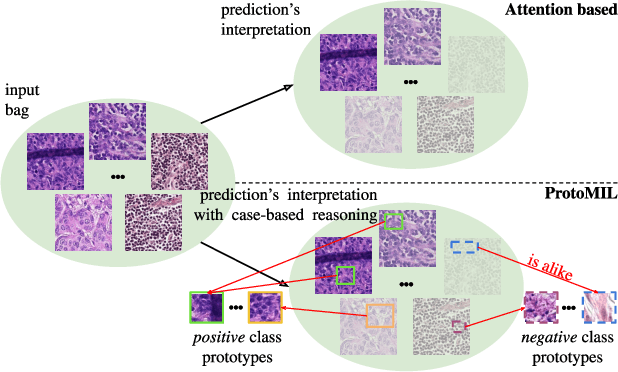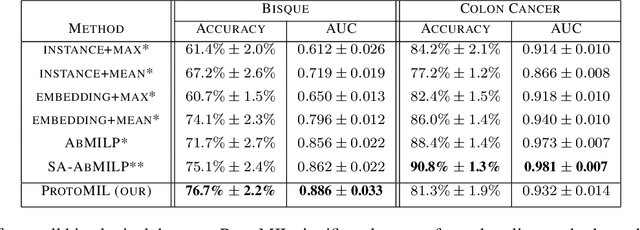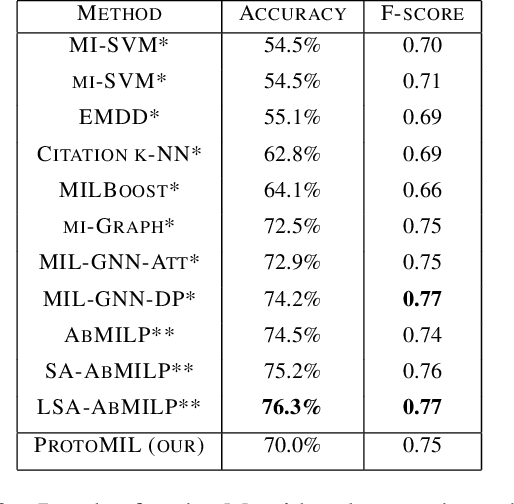Aneta Kaczyńska
MeVGAN: GAN-based Plugin Model for Video Generation with Applications in Colonoscopy
Nov 07, 2023



Abstract:Video generation is important, especially in medicine, as much data is given in this form. However, video generation of high-resolution data is a very demanding task for generative models, due to the large need for memory. In this paper, we propose Memory Efficient Video GAN (MeVGAN) - a Generative Adversarial Network (GAN) which uses plugin-type architecture. We use a pre-trained 2D-image GAN and only add a simple neural network to construct respective trajectories in the noise space, so that the trajectory forwarded through the GAN model constructs a real-life video. We apply MeVGAN in the task of generating colonoscopy videos. Colonoscopy is an important medical procedure, especially beneficial in screening and managing colorectal cancer. However, because colonoscopy is difficult and time-consuming to learn, colonoscopy simulators are widely used in educating young colonoscopists. We show that MeVGAN can produce good quality synthetic colonoscopy videos, which can be potentially used in virtual simulators.
ProtoMIL: Multiple Instance Learning with Prototypical Parts for Fine-Grained Interpretability
Aug 24, 2021



Abstract:Multiple Instance Learning (MIL) gains popularity in many real-life machine learning applications due to its weakly supervised nature. However, the corresponding effort on explaining MIL lags behind, and it is usually limited to presenting instances of a bag that are crucial for a particular prediction. In this paper, we fill this gap by introducing ProtoMIL, a novel self-explainable MIL method inspired by the case-based reasoning process that operates on visual prototypes. Thanks to incorporating prototypical features into objects description, ProtoMIL unprecedentedly joins the model accuracy and fine-grained interpretability, which we present with the experiments on five recognized MIL datasets.
 Add to Chrome
Add to Chrome Add to Firefox
Add to Firefox Add to Edge
Add to Edge